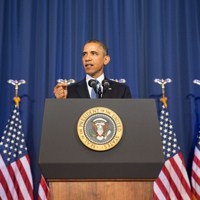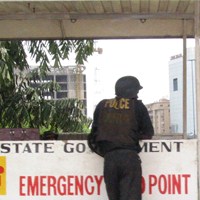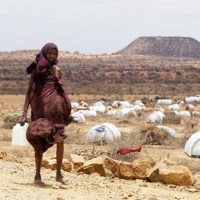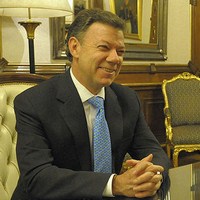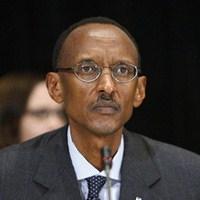
In Iraq, the civilian death toll so far this year is nearly double what it was last year, with car bombings and other attacks by al-Qaida-linked militants on the rise. The violence has been described as reminiscent of Iraq’s sectarian civil war, which peaked in 2006-2007 as Sunni and Shiite militias fought one another. But Doug Ollivant, a senior national security fellow with the New America Foundation, noted that Iraq’s recent violence is being waged almost exclusively by the Sunni extremist group al-Qaida in Iraq, which “is striking primarily Shiite civilians, government targets and their own political enemies among the […]



